Filter by
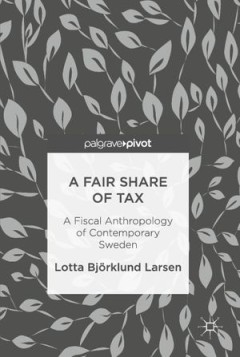
a Fair Share of Tax : a Fiscal Anthropology of Contemporary Sweden
Tax compliance; Reciprocity; Ethnography; Economic anthropology; Welfare; Exchanges; Taxpayer; Marcel Mauss; Swedish Tax Agency; quid-pro-quo exchange; Fiscal anthropology; Swedish tax; Behavioural economics; Economic exchanges and reciprocity; Tax as a gift; Public economics; Progressive marginal tax; Contributive and distributive balancing
- Edition
- -
- ISBN/ISSN
- 9783319262987
- Collation
- -
- Series Title
- -
- Call Number
- 650
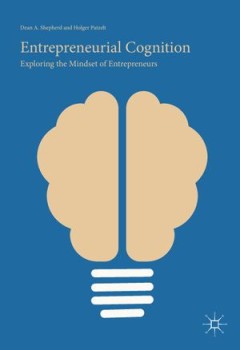
Entrepreneurial Cognition : Exploring The Mindset of Entrepreneurs
Entrepreneurial Cognition Exploring The Mindset of Entrepreneurs
- Edition
- -
- ISBN/ISSN
- 9783319717814
- Collation
- -
- Series Title
- -
- Call Number
- 650

Enabling Things to Talk
Information Systems Applications (incl. Internet); Business IT Infrastructure; Computer Appl. in Administrative Data Processing; Operations Management; Software Engineering; Special Purpose and Application-Based Systems; Business Information Systems; Ubiquitous Computing; Reference Architecture; Spatio-Temporal Systems; Smart Objects; Supply Chain Management; IoT; SCM; Web Applications; Interne…
- Edition
- -
- ISBN/ISSN
- 9784431543930
- Collation
- -
- Series Title
- -
- Call Number
- 650
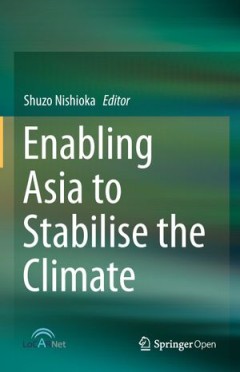
Enabling Asia to Stabilise the Climate
Sustainable Development
- Edition
- -
- ISBN/ISSN
- 9789812878250
- Collation
- -
- Series Title
- -
- Call Number
- 650
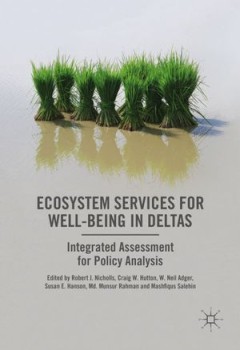
Ecosystem Services For Well-Being in Deltas integrated Assessment For Policy…
Ecosystem services; Sustainable development; Environmental management; Natural resource management; Coastal management; Bangladesh and sea-level rise research; Governance of ecosystem services; Regional climate change in South Asia
- Edition
- -
- ISBN/ISSN
- 9783319710921
- Collation
- -
- Series Title
- -
- Call Number
- 650
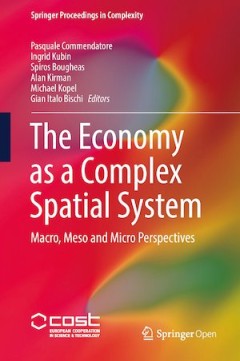
The Economy as a Complex Spatial System : Macro, Meso and Micro Perspectives
Introduction This book is open access under a CC BY-NC 4.0 license. This collected volume represents the final outcome of the COST Action IS1104 “The EU in the new complex geography of economic systems: models, tools and policy evaluation”. Visualizing the EU as a complex and multi-layered network, the book is organized in three parts, each of them dealing with a different level of analysis…
- Edition
- -
- ISBN/ISSN
- 9783319656274
- Collation
- -
- Series Title
- -
- Call Number
- 650
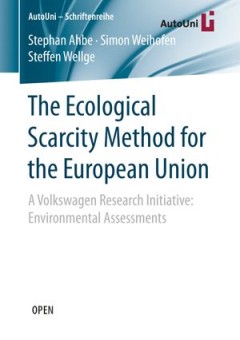
The Ecological Scarcity Method for the European Union: A Volkswagen Research …
environmental impact; environmental assessment; ecological scarcity; energy management; European Union; Volkswagen Research
- Edition
- -
- ISBN/ISSN
- 9783658195052
- Collation
- -
- Series Title
- -
- Call Number
- 650
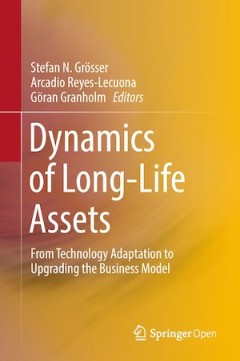
Dynamics of Long-Life Assets : From Technology Adaptation to Upgrading the Bu…
Introduction This book is published under a CC BY-NC 4.0 license. The editors present essential methods and tools to support a holistic approach to the challenge of system upgrades and innovation in the context of high-value products and services. The approach presented here is based on three main pillars: an adaptation mechanism based on a broad understanding of system dependencies; efficient …
- Edition
- -
- ISBN/ISSN
- 9783319454382
- Collation
- -
- Series Title
- -
- Call Number
- 650
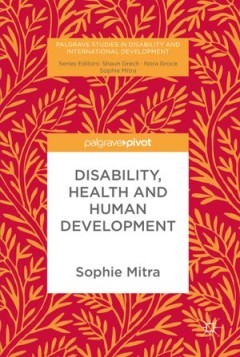
Disability, Health and Human Development
development; Sen’s capability approach; poverty; mortality; economic insecurity
- Edition
- -
- ISBN/ISSN
- 9781137536372
- Collation
- -
- Series Title
- -
- Call Number
- 650
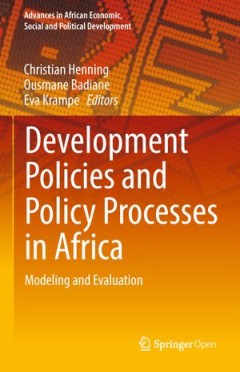
Development Policies and Policy Processes in Africa : Modeling and Evaluation
economics; quantitative policy evaluation; Comprehensive Africa Agriculture Development Programme (CAADP); poverty
- Edition
- -
- ISBN/ISSN
- 9783319285207
- Collation
- -
- Series Title
- -
- Call Number
- 650
 Computer Science, Information & General Works
Computer Science, Information & General Works  Philosophy & Psychology
Philosophy & Psychology  Religion
Religion  Social Sciences
Social Sciences  Language
Language  Pure Science
Pure Science  Applied Sciences
Applied Sciences  Art & Recreation
Art & Recreation  Literature
Literature  History & Geography
History & Geography